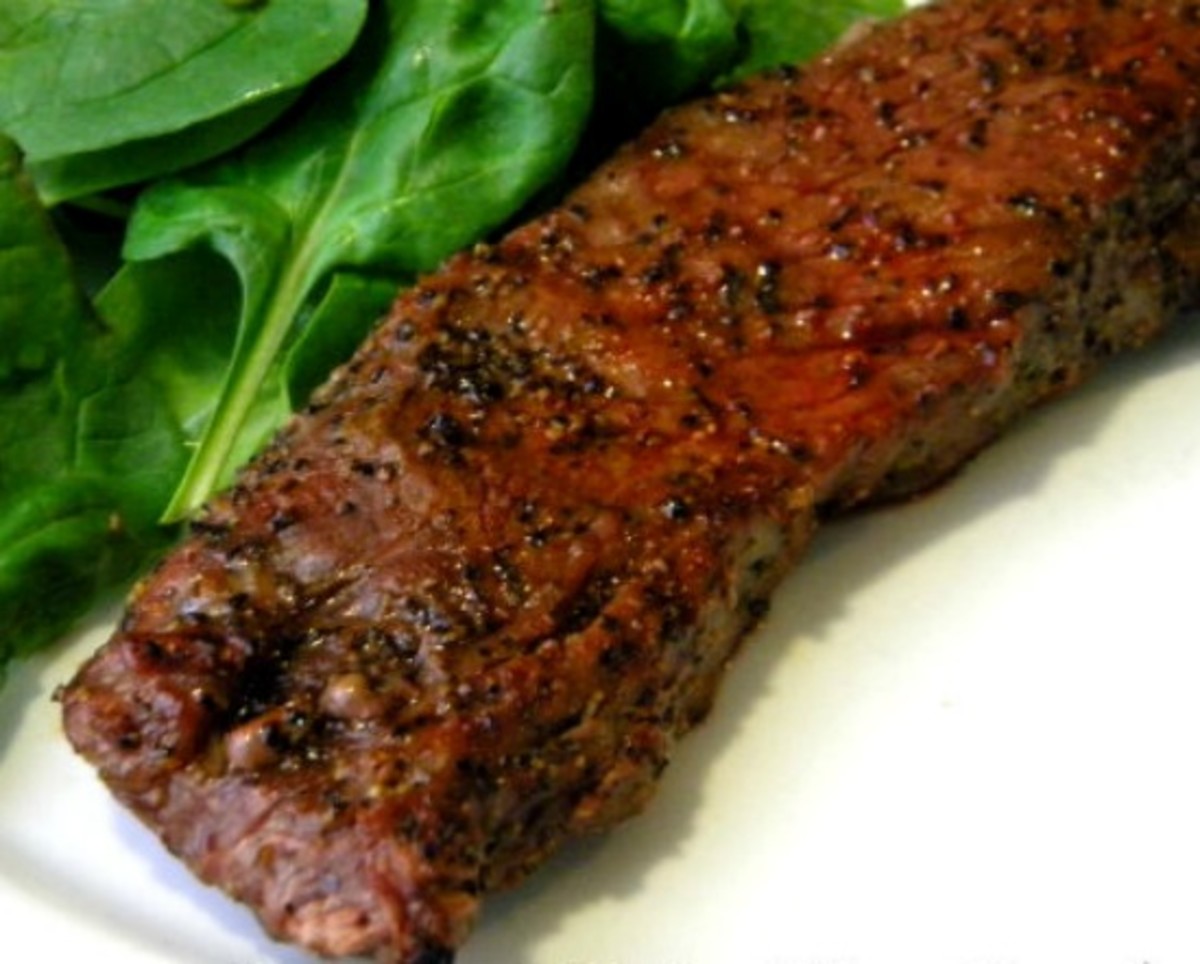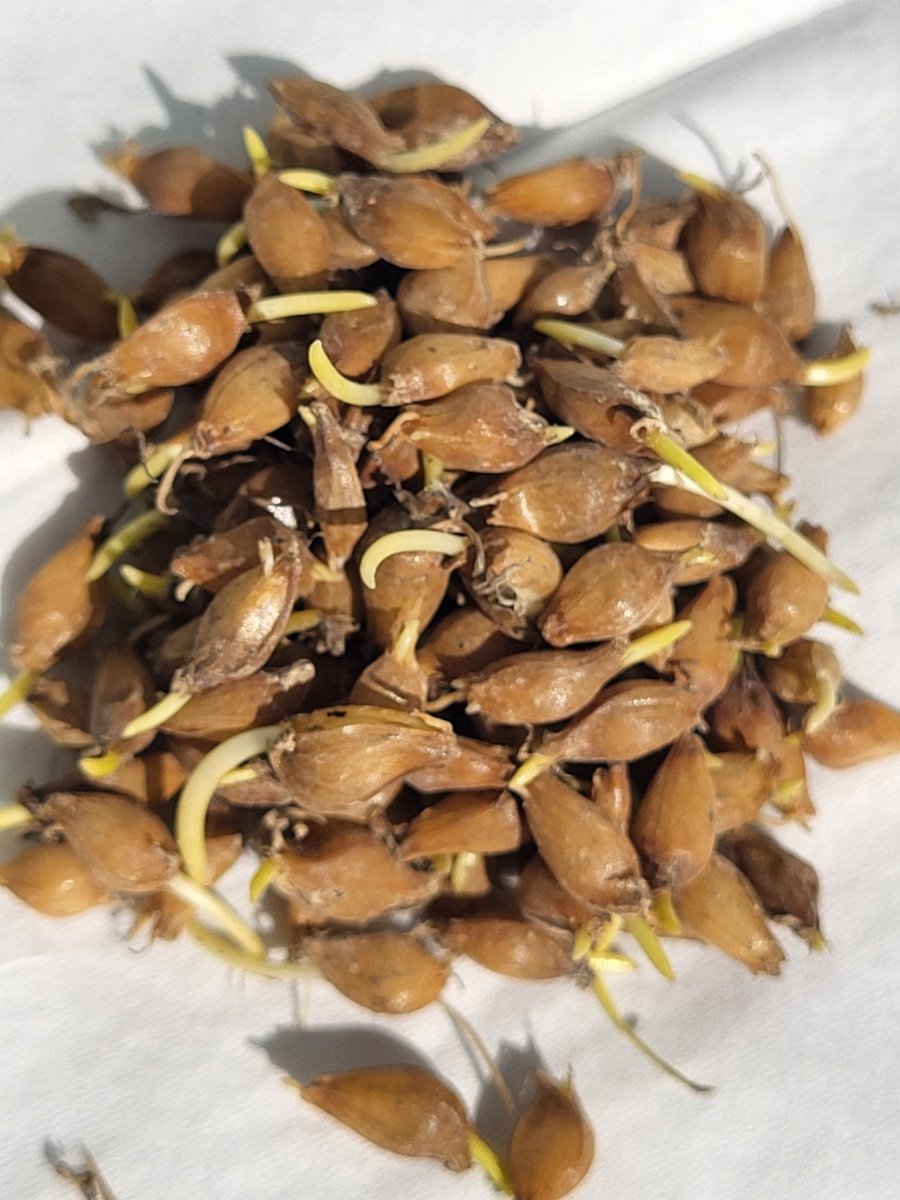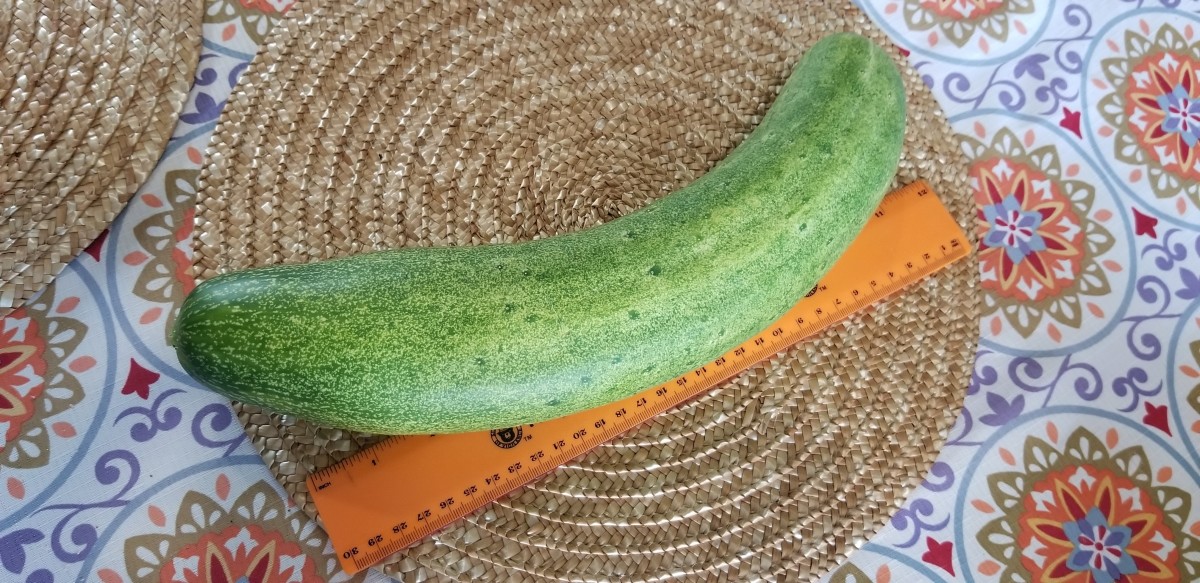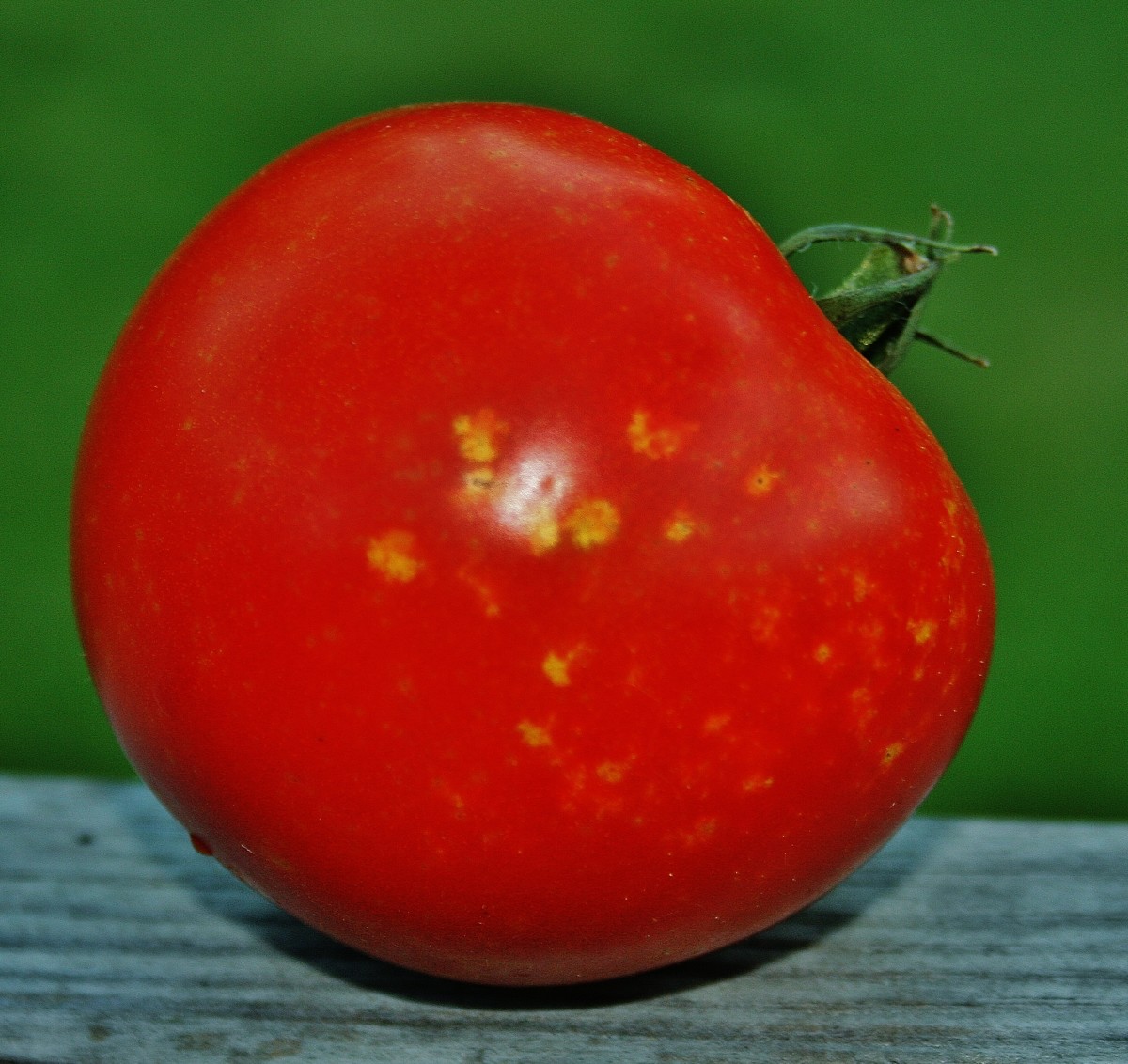Best Fertilizer for Corn
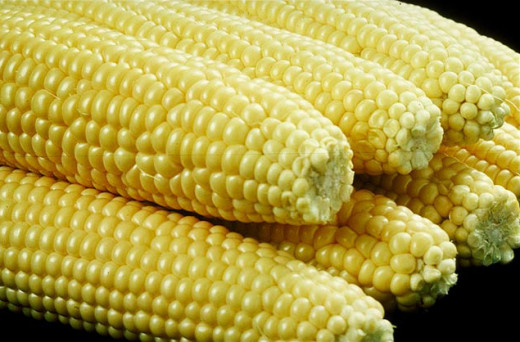
Corn (Zea mays) is a nitrogen-intensive crop. If you are growing one of the new varieties of corn, one that has extra large ears, or one that is super sweet, you will probably find that it needs more nitrogen than an heirloom variety would. But all corn needs some nitrogen at planting and at tasseling to encourage growth and to keep the leaves green and healthy. Corn is hardy in U.S. Department of Agriculture plant hardiness zones 4 though 11.
Conventional Fertilizers
Before fertilizing with conventional fertilizers, make sure you get a soil test. Adding too much fertilizer will not only waste your money, it can damage your corn. If you are interested in whether your soil has enough nitrogen to grow corn, wait until the weather warms up to growing temperatures to take your soil sample. Plant available nitrogen increases as the soil temperature increases. Tell the testing lab that you want to grow corn and ask for their recommendations.
If you are growing in an area where corn typically grows well, if you are growing a non-organic garden, and if you don't feel the need for the specificity of a soil test, any high-nitrogen commercial fertilizer will probably work fine. A complete 12-12-12 fertilizer will have enough nitrogen for most corn patches. However, according to Ed Billingsley of the University of Illinois Extension, ammonium nitrate and urea are better nitrogen sources than complete fertilizers. If you have chronic problems with your corn yellowing, you may want to try them. Apply ammonium nitrate or urea at the rate of 1 cup per 100 feet of row. If you want to use 12-12-12, apply it at about 3 pounds per 100 feet of row.
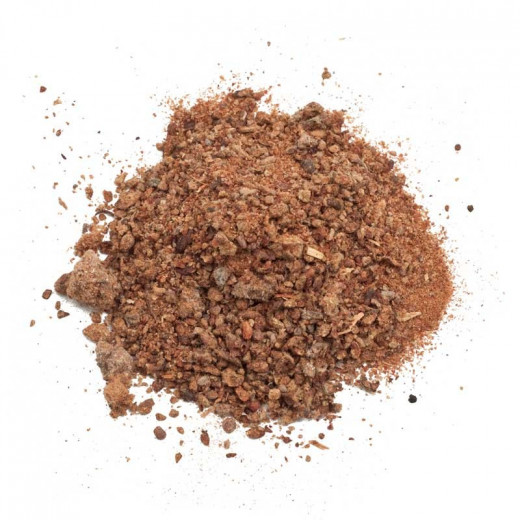
Organic Fertilizers
Ammonium nitrate and urea aren't organic fertilizers. If you want your garden to be an organic one, you'll need a different source of nitrogen. A complete organic fertilizer is one good option. A 6-2-0 or 6-5-3 will have the nitrogen you need. If you want to use organic amendments instead of a complete fertilizer, bloodmeal contains about 15 percent nitrogen, cottonseed meal about 7 percent, and soybean meal about 7 percent. The label on the packaging will tell you how much fertilizer to use. Apply it before you plant, when the corn is knee high, and when it begins to produce silk.
Home-Grown Fertilizers
If you don't want to purchase fertilizer, you can grow some or all of your own nitrogen. Cheryl Long and Barbara Pleasant of "Mother Earth News" recommend using nitrogen fixing plants. The autumn before you plan to plant corn, plant some hairy vetch, alfalfa or another nitrogen-fixing legume. Chop them down in the spring just as they begin to flower and plant your corn into the stubble. The nitrogen clinging to the roots will be enough to get the corn started. Fresh grass clippings collected in the spring from a fertilized lawn contain 5 percent or more nitrogen. If you keep a one or two inch layer around your corn, not only will it provide nitrogen, it will help retain moisture and will keep some of the weeds down.
Manure is also a good home-grown source of nitrogen. Most lawn and garden stores sell composted manure. If you can find a local source of manure, you can process it yourself. Use manure from herbivores or chickens. Cat and dog manure contains pathogens that might cause food-borne illness. Compost the manure with a carbon-rich material like straw or sawdust. Composting will heat the manure, which will kill weed seeds and harmful bacteria. You should compost your manure for at least three months before using it.
Chickens have especially nitrogen-rich manure, but chicken manure can burn plants if it is not handled correctly. If you compost it thoroughly, and your compost pile heats up well, you shouldn't have any problems. If you doubt your composting abilities, age chicken manure a full year before using it.
Rabbit manure is also high in nitrogen, more so than either cow or horse manure. It also doesn't need to be composted if you mix it well with the surrounding soil. If you want to be sure that the bad bacteria in your rabbit manure are dead, it doesn't hurt the manure to compost it.
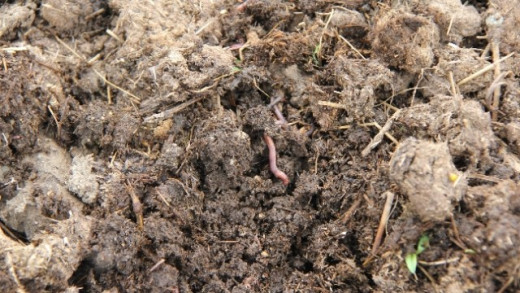
Complete Fertilizers
You know that your corn will always need nitrogen. It might need other nutrients as well. A soil test will tell you if your soil needs potassium or phosphorus in addition to nitrogen. If your corn leaves are green in the center and yellow on the edges, your soil might be low in potassium. On the other hand, if your soil is low in phosphorus, your corn will have trouble putting out a healthy root structure. The plants will be stunted and won't produce ears very well. If your soil test tells you you are low in either potassium or nitrogen, stick with a complete fertilizer balanced to your needs.






